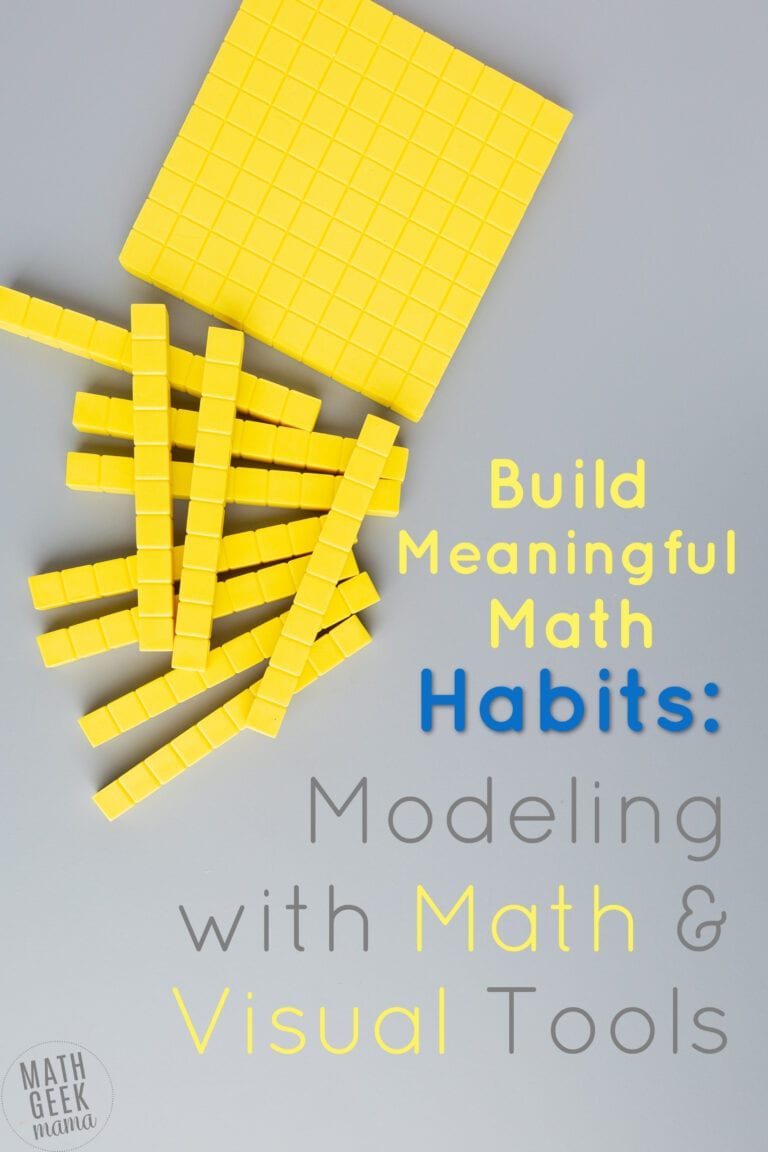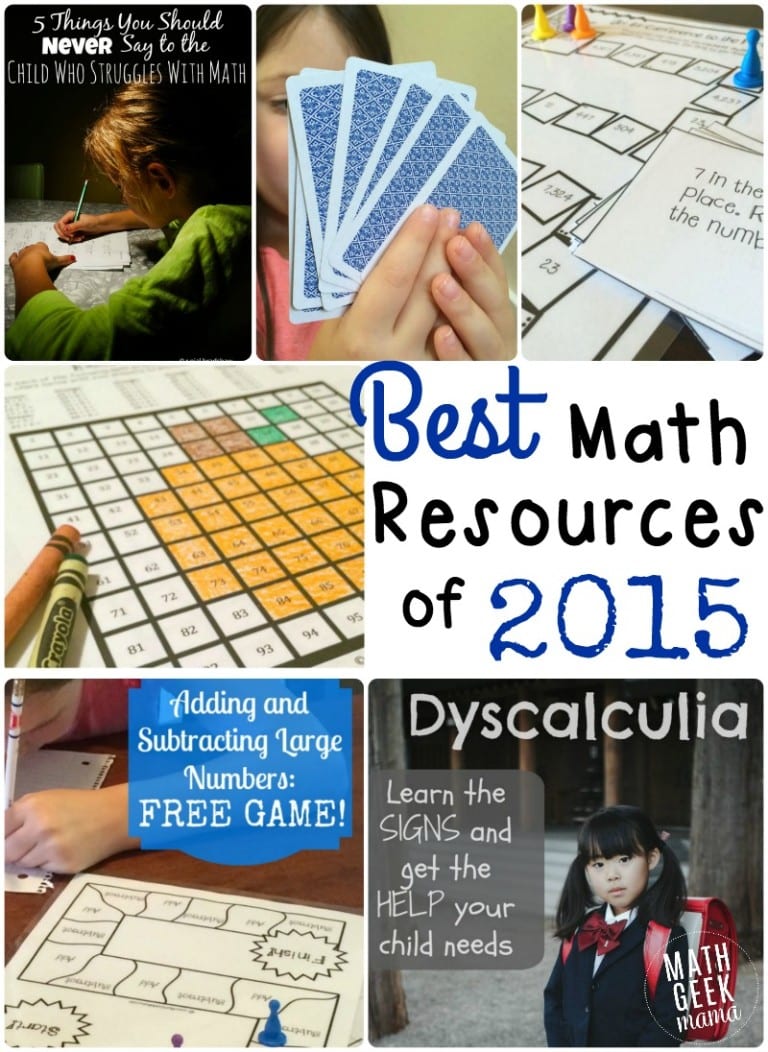We Have to Give Them Homework?!
The issue and numerous questions surrounding homework assignments always plagued me as a teacher. I tried many different approaches, especially as my student population changed, but I still struggled to figure out what the “right” approach was.
When I was teaching disadvantaged students in a public school setting, I almost never gave them homework. I knew that for many, the home situation was rocky and their brains would not be able to engage with algebra problems once they left the school building. So instead, I worked hard to break up our classroom time by teaching or giving them a self-guided lesson, and then taking time to work on problems independently so that I could assess their work right there.
When I taught at a private, Christian school, however, I was teaching older students (who needed to learn accountability and independence) and knew that most had parents who expected them to have homework and would help make sure it got done. So then the question became, what kinds of homework do I assign? And how challenging should it be? And how much time should be spent on it? And then of course, what if you base your entire lesson on their completed homework assignment just to find out that they didn’t do it?
Well, I think the answer will always be a resounding, “It depends.” How’s that for clarity, huh? 😉 It depends on the age of your students. It depends on their home situation. It depends on your goals and standards in the classroom. It depends on your philosophy of teaching. And so on.
If you desire that students use homework time to practice and drill particular skills, assignments will look one way, but if you desire that students use what they’ve learned in the classroom to further explore and think more deeply about how to apply the content, it will look entirely different. And of course, how much time you desire to spend going over, discussing and answering questions from the homework during class will influence your assignments as well.
So I think it is safe to say, there is no one-size fits-all solution to the issue of homework, but I would love to hear your thoughts! I also found this article at The Guardian on using an understanding of how the brain works to instruct your homework choices to be very interesting. Here’s a snippet:
“If you know a bit about the brain then you can plan homework to suit the needs of students as they develop.
During early school years, for example, the brain is focused on getting to grips with the world around us. Memories and understanding grow when new information can be linked to things we already know. Homework that helps with this recognition can build literacy and numeracy skills.
When students reach adolescence, they become more independent and self-directed. There is shift away from rote memorization and single, correct responses. Learning goals are more likely to focus on reading for content and comprehension, revising, report writing, solving problems, investigating and independent or group work.
Well designed homework provides multiple ways for students to engage with what they are learning. They will then be able to use the facts they acquire to be creative and solve problems in class.”
You can read the full article here, and be sure to share your thoughts or methods in the comments! 🙂
Happy Teaching!












